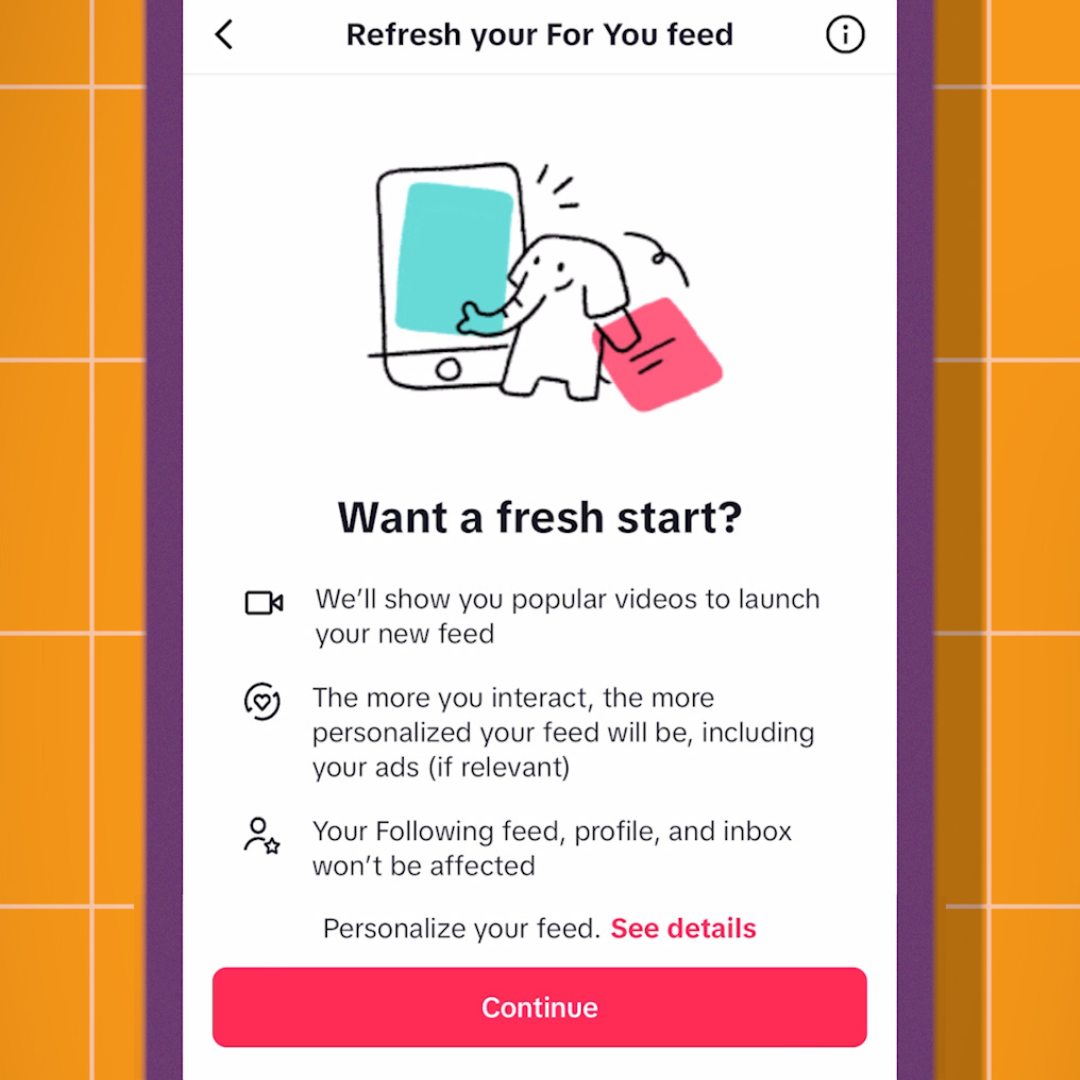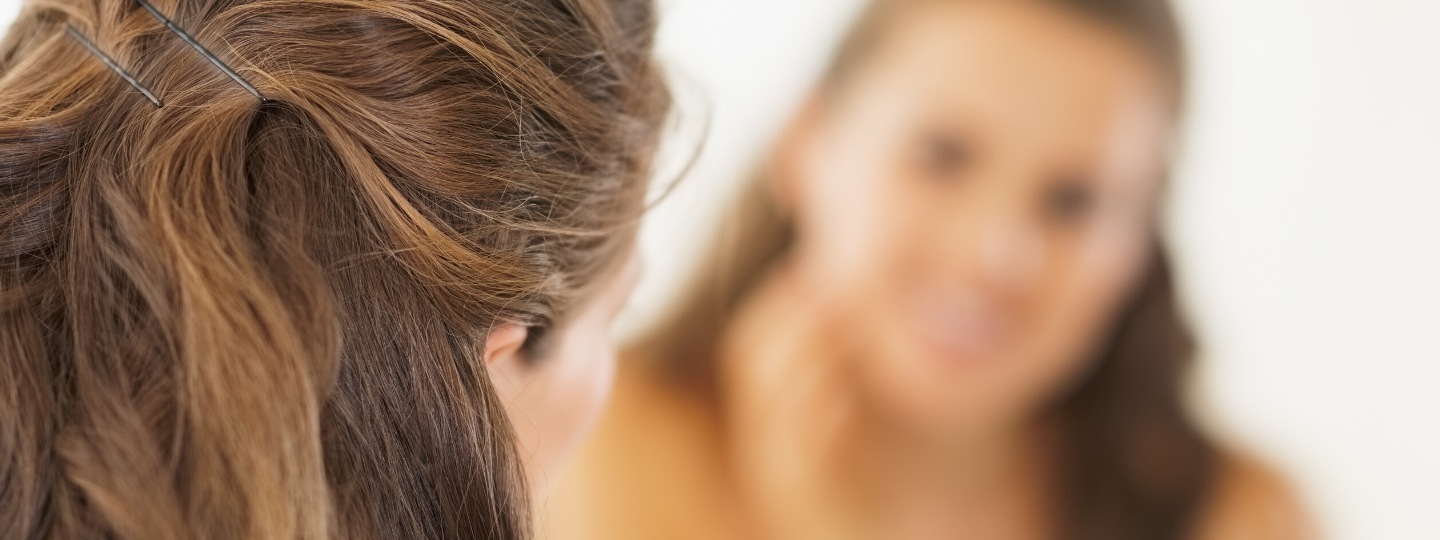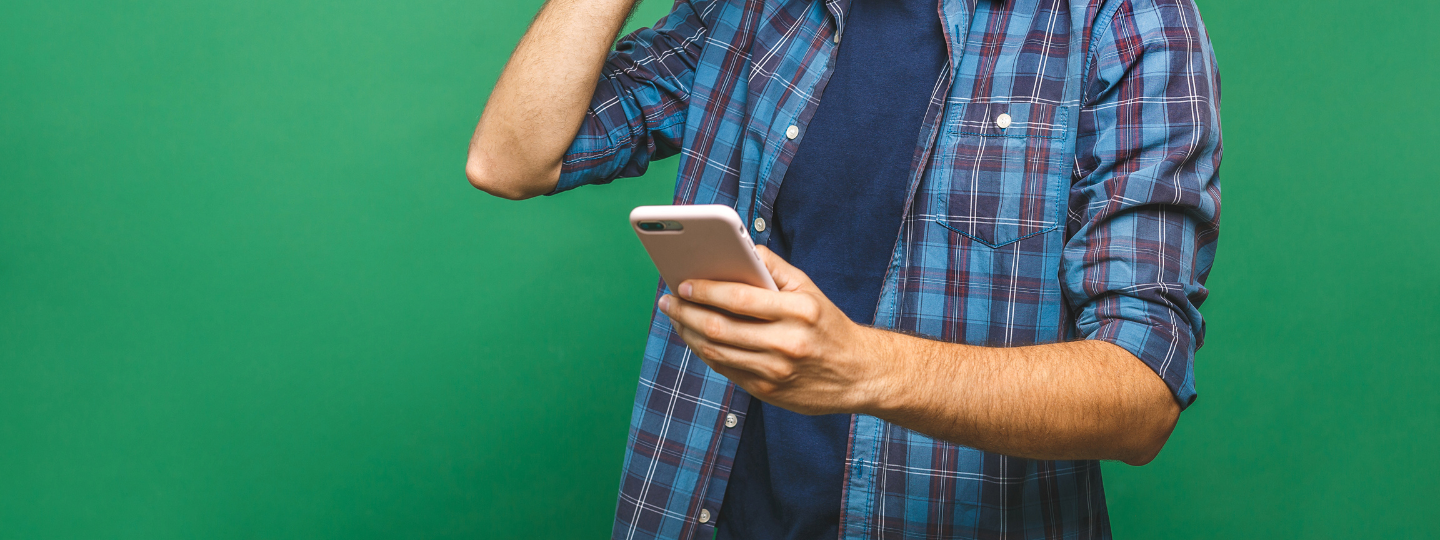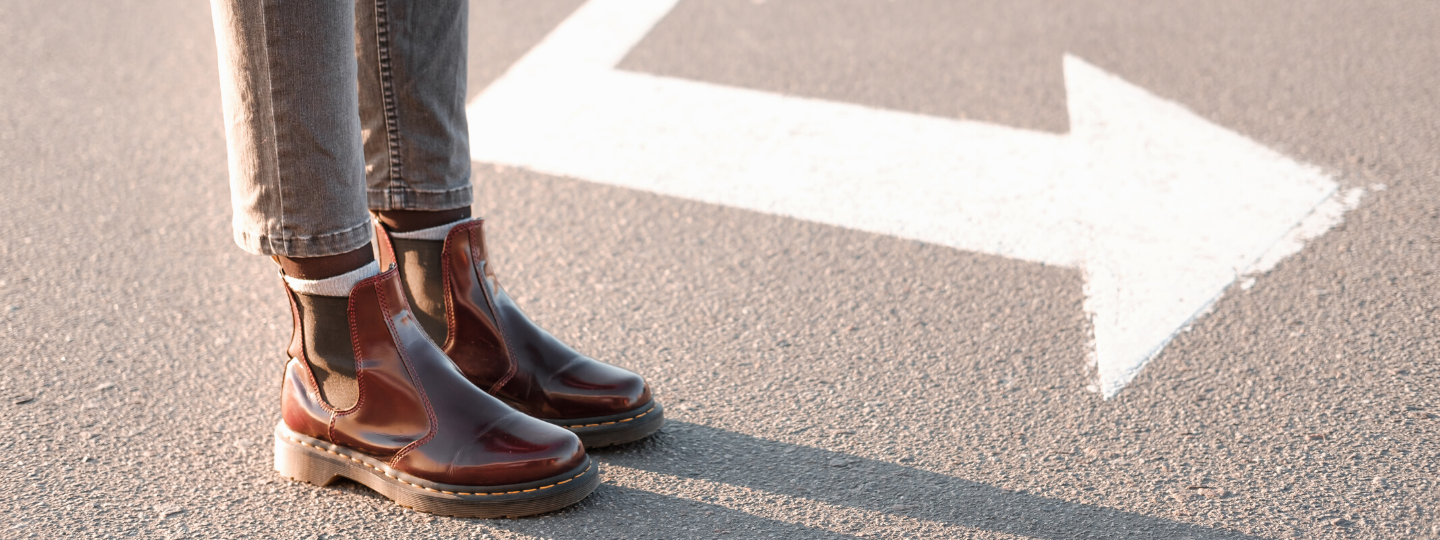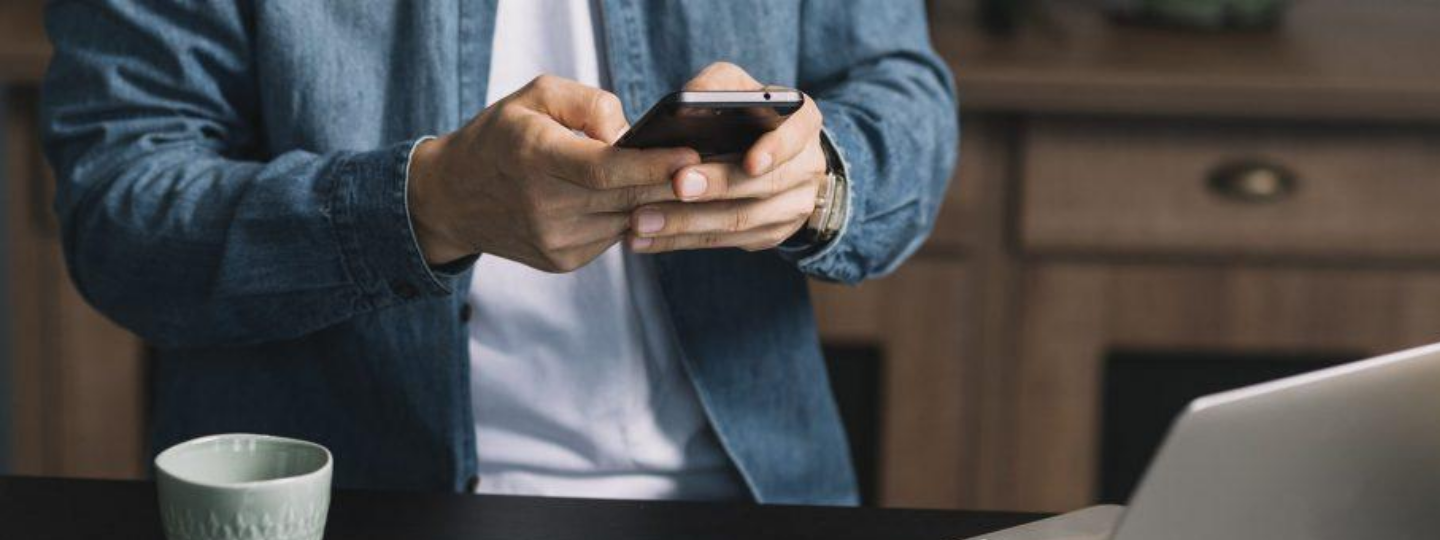Is Your TikTok For You Page Showing You Bad Content?
We have all experienced it. You open up TikTok to relax after a hard day at school just to be met with a video that makes you feel down, you scroll away to try and find a video that makes you laugh or teaches you something new, but again you’re met with another piece of upsetting content.
Last week RTÉ primetime investigates covered a story about how your TikTok for you page works.
In the news story, RTÉ explained that people as young as 13 years old, were being shown damaging content online.
With the rise in harmful content online, it’s time that we learn how to protect ourselves from seeing harmful and damaging content online.
Here is what to do if you keep seeing content on your TikTok For You page that you don’t want to see.




